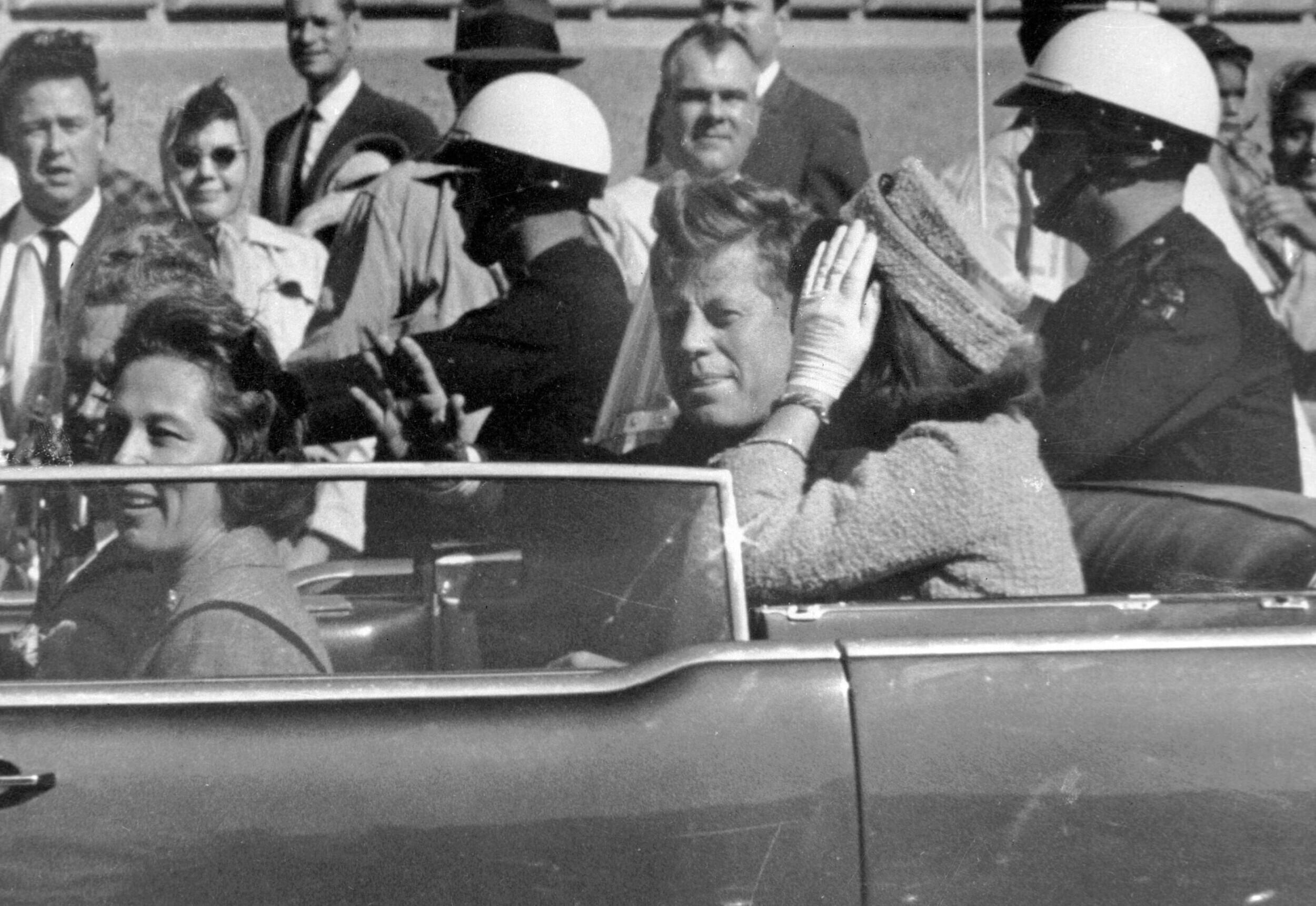There are certain days in our lives so significant that we can recall every little detail years later. Images, words and emotions that are burned into our brains. We remember exactly where we were, what we were doing and what we felt when an important event took place.
For those of a certain age, one of those is the day President Kennedy was assassinated. Nearly 60 years later, the truth about what happened will probably never be known.
While I remember everything about those November days, what sticks in my mind was the inspirational feeling we kids got from JFK and how drastically different the mood of the country was when compared to today.
It started with his amazing inaugural speech, and the great patriotic line, “Ask not what your country can do for you, ask what you can do for your country.” Throw in the prospect of going to the moon, beating the Russians there, and winning the cold war. Those of us in the fourth grade were hooked. JFK was young, had kids, was funny. Every girl in the neighborhood wanted to be like Jackie. Any time there was a space shot with Project Mercury, a television set was wheeled into the classroom so we could watch. When we heard, “We choose to go to the moon in this decade and do the other things, not because they are easy, but because they are hard,” it challenged us to give everything a try and do our best, regardless of the odds. To approach everything with, as Kennedy said in his Massachusetts accent, “with great vigah.”
It is often called the “age of innocence,” though people really weren’t. They were simply private. Privacy was important, something that has been lost in the age of oversharing on the internet. Still, there was a feeling of hope the new young president brought to kids.
The events of that day are still clear. The school nurse barging into our classroom, face drawn, whispering something in the ear of our teacher, who went pale. The teacher looked at us, eyes misty. “We are dismissing class early today. I’m sorry to tell you something bad has happened to President Kennedy. I want all of you to go straight home.”
The next four days were a roller coaster of emotion. Seeing Jackie Kennedy with blood still on her skirt gave you a lump in your throat. Lee Harvey Oswald being shot on live television. The funeral procession, with the repeating cadence of the drums. If you heard it, it’s still stuck in your head. Bum, bum, bum, badada bum, bum, bum, badada bum, bum, bum, badada bum, bum, ba-bum. Thankfully, network commentators had the smarts to shut up and let the natural sound and pictures tell the story.
Things changed almost immediately under Lyndon Johnson. We kids didn’t find him remotely interesting. Or inspiring. And soon some of the older teens and young men in the neighborhood were going off to war in a place we never heard of. The country was changed forever. The '60s deteriorated into protests, while the assassinations of Bobby Kennedy and Martin Luther King Jr. rocked the country again and again.
Looking back, we now know JFK was a terribly flawed human being and had family members who had done horrible things. In some ways, he was a product of the media; the famous photos of Caroline in her mother’s shoes, John-John hiding under the Resolute Desk, touch football in Hyannis Port, Jackie’s television tour of the White House, all painted a picture of the perfect American family. The media was biased back then as well, but it was a lot more subtle, almost subliminal. Little did we know the president who people thought was a typical family guy was a womanizer who cheated on his wife constantly. As a child I admired him. As an adult, I do not.
We often judge presidents on their actions, on the changes they made in this country while sometimes overlooking their personal behavior. Was JFK a good president? That’s up for debate. Many people hated him and his policies. But sometimes those changes aren’t measured in tangible things like the tax code or how a commander-in-chief handles threats of war. In Kennedy’s case, I was just a kid, and didn’t know the difference between Democrats and Republicans or what it meant to be conservative or liberal. I simply remember that he made me hopeful.
Something I often wish we’ll see again.
Randy Tatano is the author of more than 20 novels, writing political thrillers under the pen name Nick Harlow, and romantic comedies as Nic Tatano. He spent 30 years working in television news as a local affiliate reporter and network field producer.
The views and opinions expressed here are those of the author and do not necessarily reflect the policy or position of 1819 News. To comment, please send an email with your name and contact information to Commentary@1819News.com.
Don't miss out! Subscribe to our newsletter and get our top stories every weekday morning.










